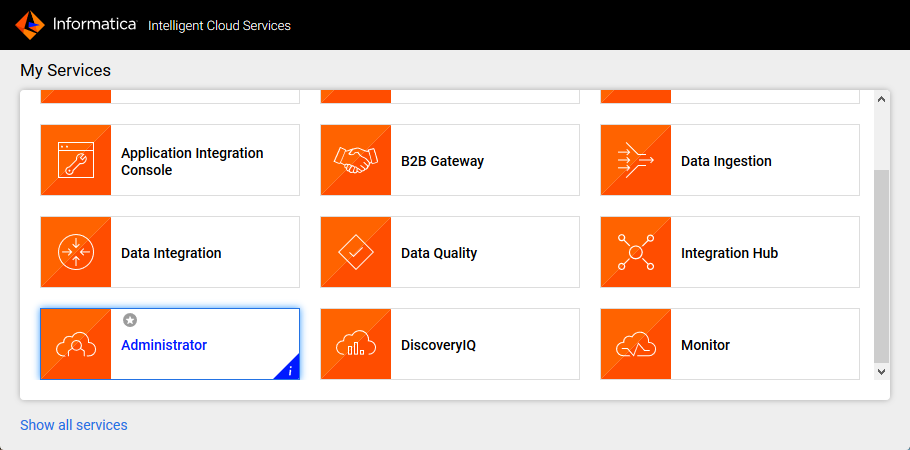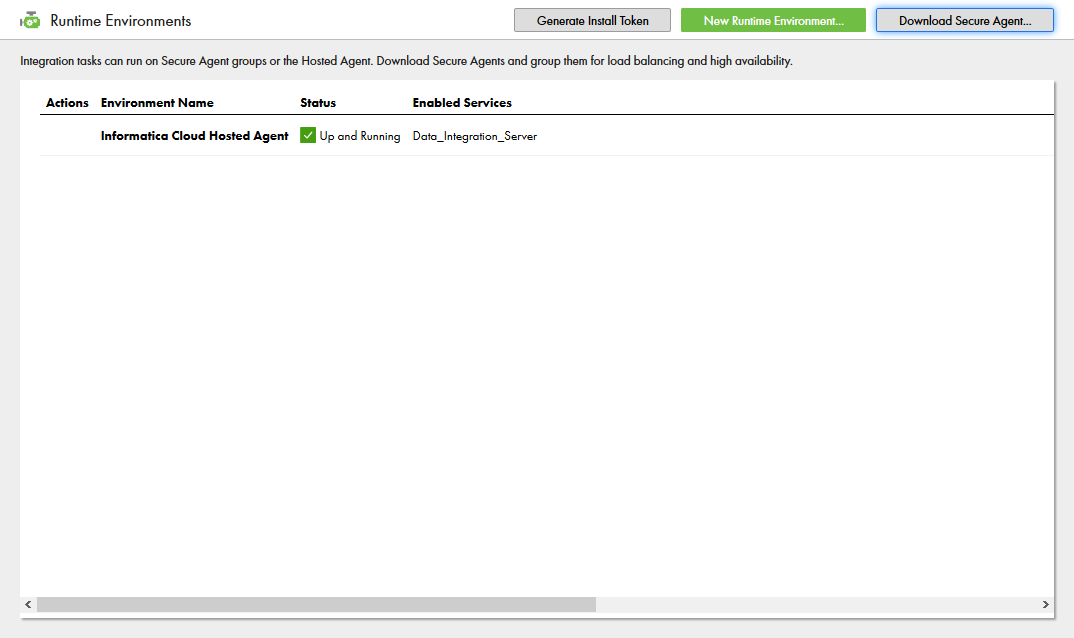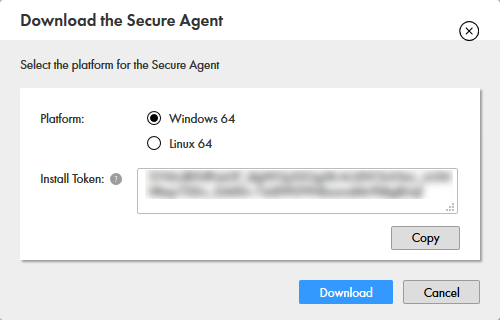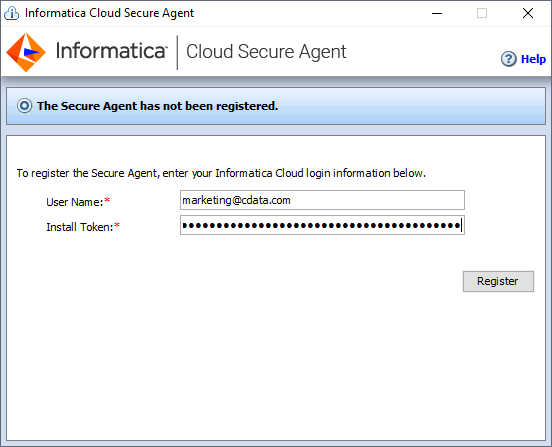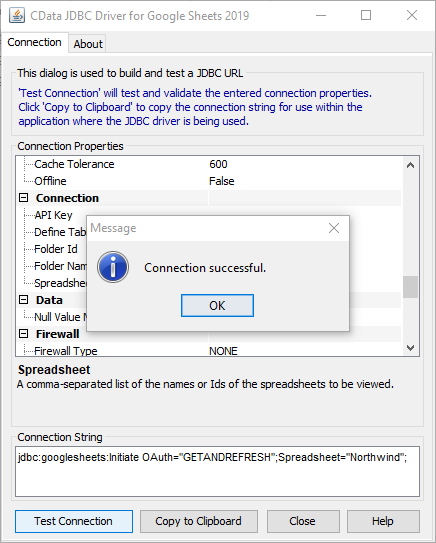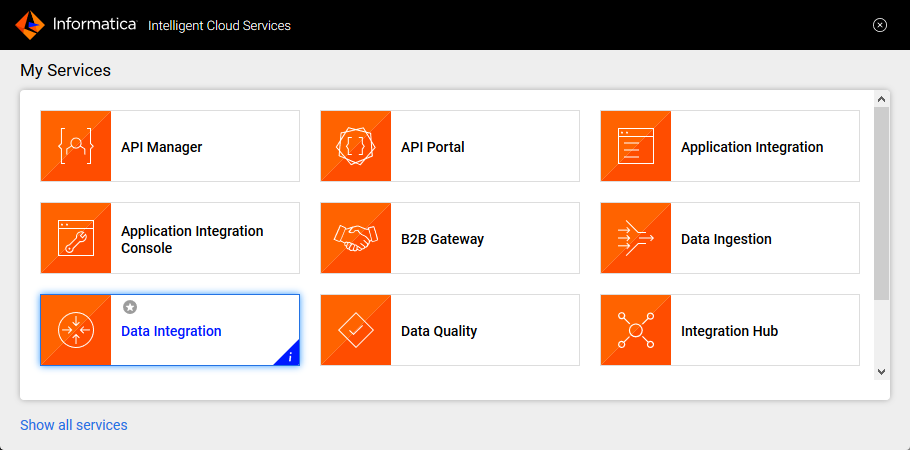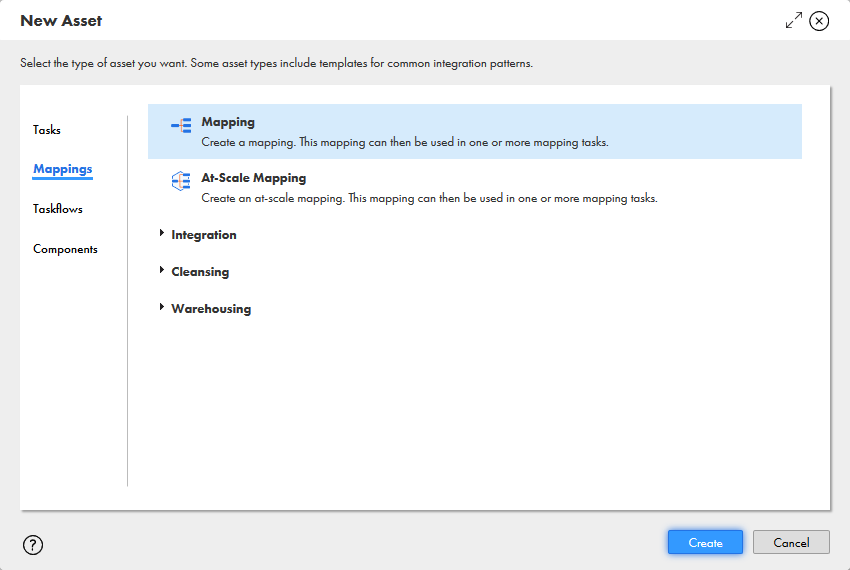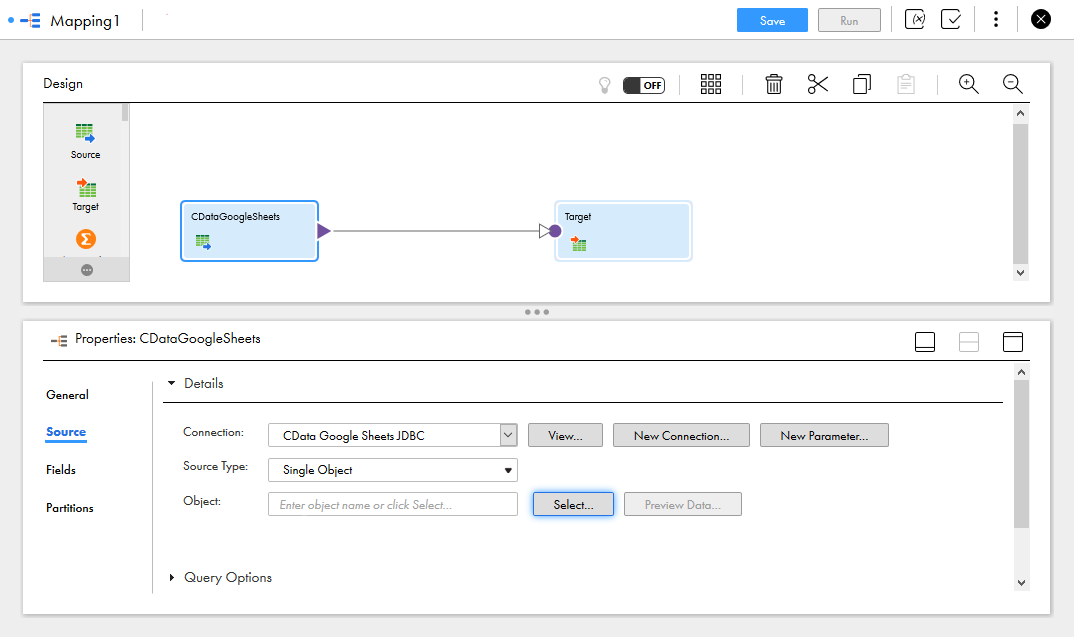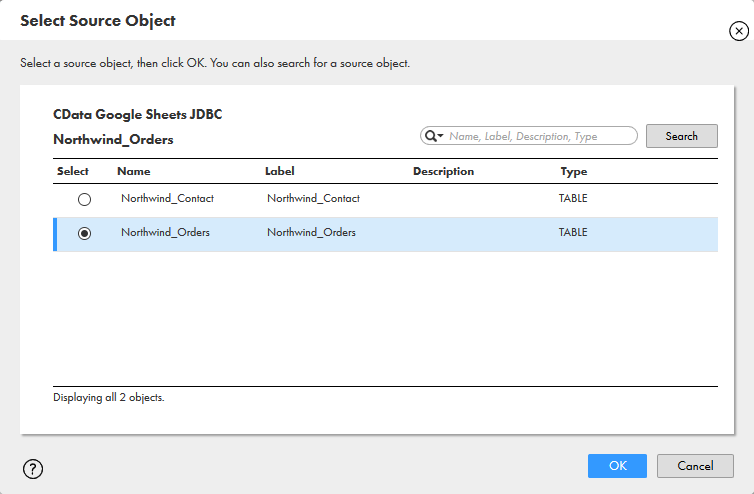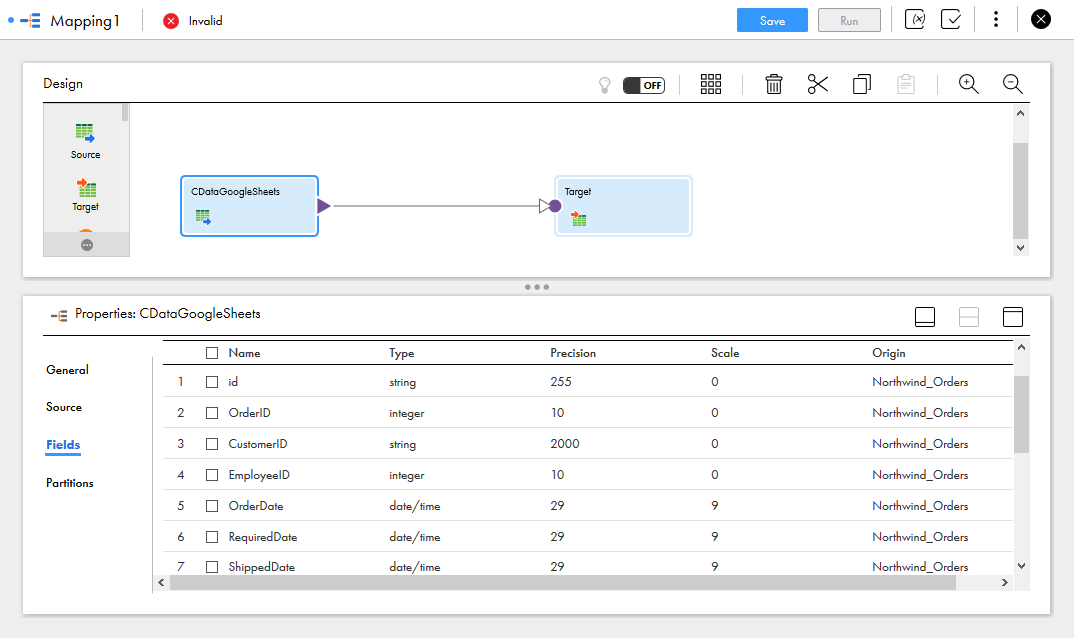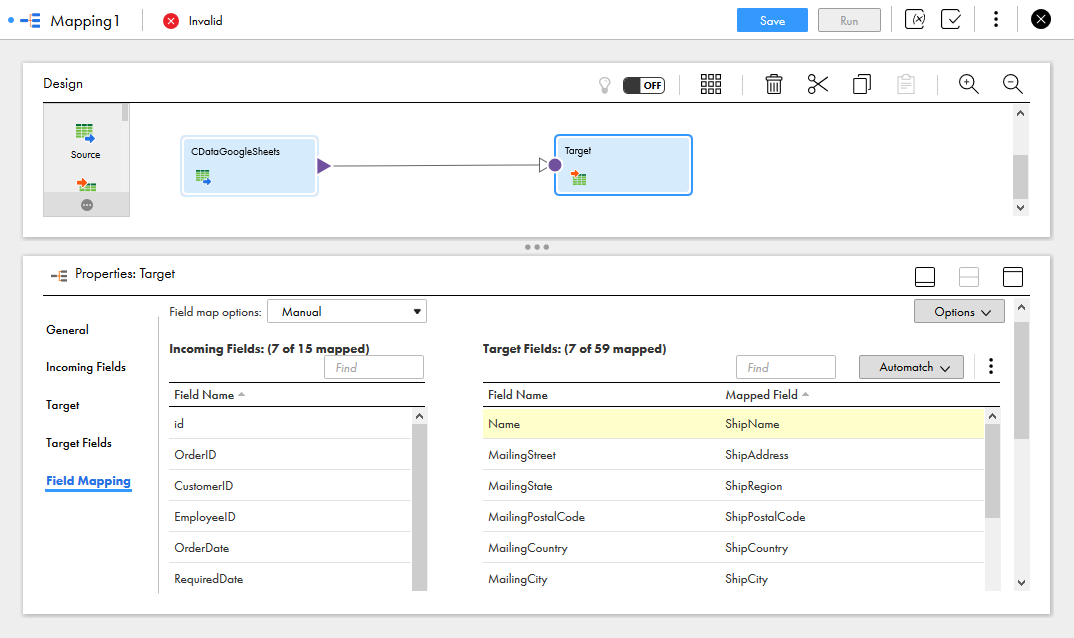Model Context Protocol (MCP) finally gives AI models a way to access the business data needed to make them really useful at work. CData MCP Servers have the depth and performance to make sure AI has access to all of the answers.
Try them now for free →Integrate SQL Analysis Services Data in Your Informatica Cloud Instance
Use CData JDBC drivers with the Informatica Cloud Secure Agent to access live SQL Analysis Services data from Informatica Cloud.
Informatica Cloud allows you to perform extract, transform, and load (ETL) tasks in the cloud. With the Cloud Secure Agent and the CData JDBC Driver for SQL Analysis Services, you get live access to SQL Analysis Services data, directly within Informatica Cloud. In this article, we will walk through downloading and registering the Cloud Secure Agent, connecting to SQL Analysis Services through the JDBC Driver and generating a mapping that can be used in any Informatica Cloud process.
Informatica Cloud Secure Agent
To work with the SQL Analysis Services data through the JDBC Driver, install the Cloud Secure Agent.
- Navigate to the Administrator page in Informatica Cloud
![]()
- Select the Runtime Environments tab
- Click "Download Secure Agent"
![]()
- Make note of the Install Token
![]()
- Run the installer on the client machine and register the Cloud Secure Agent with your username and install token
![]()
NOTE: It may take some time for all of the Cloud Secure Agent services to get up and running.
Connecting to the SQL Analysis Services JDBC Driver
With the Cloud Secure Agent installed and running, you are ready to connect to SQL Analysis Services through the JDBC Driver.
Adding the JDBC Driver to the Secure Agent Machine
- Navigate to the following directory on the Secure Agent machine:
%Secure Agent installation directory%/ext/connectors/thirdparty/ - Create a folder and add the driver JAR file (cdata.jdbc.ssas.jar) based on the type of mapping that you want to configure.
For mappings, create the following folder and add the driver JAR file:
informatica.jdbc_v2/commonFor mappings in advanced mode, also create the following folder and add the driver JAR file:
informatica.jdbc_v2/spark - Restart the Secure Agent.
Connecting to SQL Analysis Services in Informatica Cloud
After installing the driver JAR file, you are ready to configure your connection to SQL Analysis Services in Informatica Cloud. Start by clicking the Connections tab and clicking New Connection. Fill in the following properties for the connection:- Connection Name: Name your connection (i.e.: CData SQL Analysis Services Connection)
- Type: Select "JDBC_V2"
- Runtime Environment: Select the runtime environment where you installed the Secure Agent
- JDBC Driver Class Name: The name of the JDBC driver class: cdata.jdbc.ssas.SSASDriver
- JDBC Connection URL: Set this to the JDBC URL for SQL Analysis Services. Your URL will look similar to the following:
jdbc:ssas:User=myuseraccount;Password=mypassword;URL=http://localhost/OLAP/msmdpump.dll;To connect, provide authentication and set the Url property to a valid SQL Server Analysis Services endpoint. You can connect to SQL Server Analysis Services instances hosted over HTTP with XMLA access. See the Microsoft documentation to configure HTTP access to SQL Server Analysis Services.
To secure connections and authenticate, set the corresponding connection properties, below. The data provider supports the major authentication schemes, including HTTP and Windows, as well as SSL/TLS.
-
HTTP Authentication
Set AuthScheme to "Basic" or "Digest" and set User and Password. Specify other authentication values in CustomHeaders.
-
Windows (NTLM)
Set the Windows User and Password and set AuthScheme to "NTLM".
-
Kerberos and Kerberos Delegation
To authenticate with Kerberos, set AuthScheme to NEGOTIATE. To use Kerberos delegation, set AuthScheme to KERBEROSDELEGATION. If needed, provide the User, Password, and KerberosSPN. By default, the data provider attempts to communicate with the SPN at the specified Url.
-
SSL/TLS:
By default, the data provider attempts to negotiate SSL/TLS by checking the server's certificate against the system's trusted certificate store. To specify another certificate, see the SSLServerCert property for the available formats.
You can then access any cube as a relational table: When you connect the data provider retrieves SSAS metadata and dynamically updates the table schemas. Instead of retrieving metadata every connection, you can set the CacheLocation property to automatically cache to a simple file-based store.
See the Getting Started section of the CData documentation, under Retrieving Analysis Services Data, to execute SQL-92 queries to the cubes.
Built-In Connection String Designer
For assistance in constructing the JDBC URL, use the connection string designer built into the SQL Analysis Services JDBC Driver. Either double-click the .jar file or execute the .jar file from the command-line.
java -jar cdata.jdbc.ssas.jarFill in the connection properties and copy the connection string to the clipboard.
![Using the built-in connection string designer to generate a JDBC URL (Google Sheets is shown.)]()
-
HTTP Authentication
- Username: Set this to the username for SQL Analysis Services
- Password: Set this to the password for SQL Analysis Services
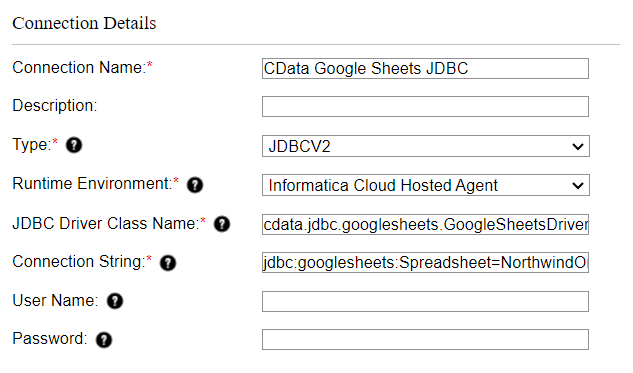
Create a Mapping for SQL Analysis Services Data
With the connection to SQL Analysis Services configured, we can now access SQL Analysis Services data in any Informatica process. The steps below walk through creating a mapping for SQL Analysis Services to another data target.
- Navigate to the Data Integration page
![]()
- Click New.. and select Mapping from the Mappings tab
![]()
- Click the Source Object and in the Source tab, select the Connection and set the Source Type
![Selecting the Source Connection and Source Type]()
- Click "Select" to choose the table to map
![Selecting the Source Object]()
- In the Fields tab, select the fields from the SQL Analysis Services table to map
![Selecting Source Fields to map]()
- Click the Target object and configure the Target source, table and fields. In the Field Mapping tab, map the source fields to the target fields.
![Selecting the Target Field Mappings]()
With the mapping configured, you are ready to start integrating live SQL Analysis Services data with any of the supported connections in Informatica Cloud. Download a free, 30-day trial of the CData JDBC Driver for SQL Analysis Services and start working with your live SQL Analysis Services data in Informatica Cloud today.

